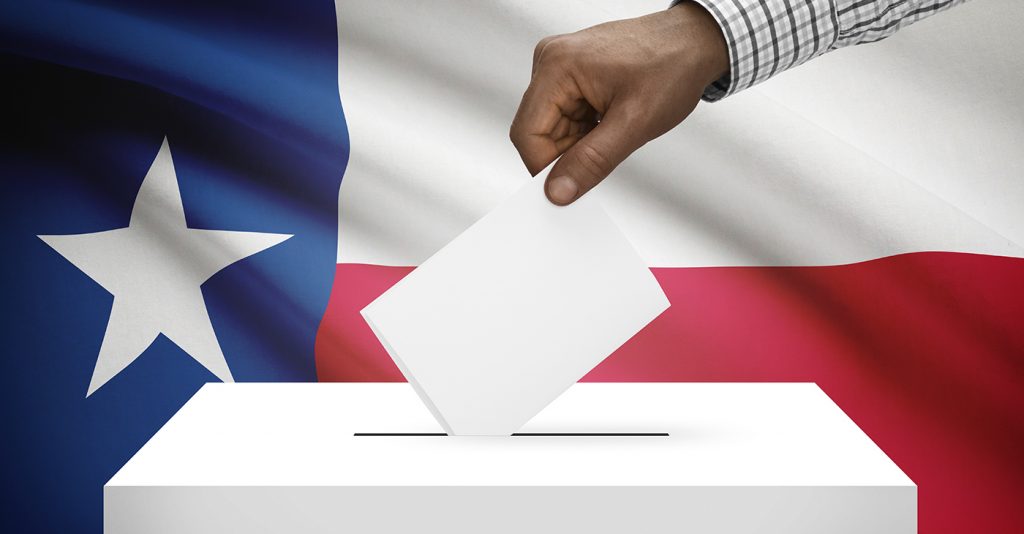By Stacy M. Brown
NNPA Senior National
Correspondent
The Republican Party’s assault on suspected and unverified widespread voter fraud has come into view for what it is: an attempt to disenfranchise Black and Hispanic voters.
According to a study by The Washington Post, Republican-led voter fraud crackdowns disproportionately target Democrats and minorities. The newspaper’s analysis found that Black and Hispanic people made up over 75 percent of defendants accused of voter fraud, while registered Democrats accounted for nearly 60 percent of those charged.
The analysis also revealed that the election integrity units established or expanded in six states after the 2020 election only obtained 47 convictions, most of which were for minor instances of voter fraud by individual voters. The analysis undermines claims by the twice-impeached and four-times indicted former President Donald Trump and Republicans that widespread voter fraud influenced the outcome of the 2020 election.
Among the key findings, registered Democrats comprised 58 percent of those charged with identifiable party affiliations, compared to 23 percent for registered Republicans. The remaining cases involved defendants not registered with a specific party. The researchers determined a defendant’s race, ethnicity, or political party in approximately 70 percent of cases.

Contrary to assertions by Trump and some Republican allies, the analysis revealed that the election integrity units did not uncover widespread schemes that could significantly impact election outcomes. Instead, the convictions were typically the result of small-scale fraud or errors made by individual voters, such as casting multiple ballots, falsifying registrations, or voting while disqualified due to a conviction.
The data also showed that many pursued cases ended in dismissal, acquittal, or dropped charges. Out of 115 resolved cases as of mid-December, 42 had such outcomes, nearly equaling the number of guilty verdicts. All convictions occurred in Florida, Texas, and Ohio, with Virginia, Georgia, and Arkansas failing to secure any guilty verdicts despite substantial resources allocated.
Experts and advocates expressed alarm over the findings, with Heather Sawyer, executive director of the watchdog group American Oversight, describing the units as a waste of money undermining democracy. Republicans defended the units, emphasizing their role in ensuring election integrity and instilling confidence in voters.
Critics argue that the racial and political disparities in the crackdowns, along with the limited number of convictions, question the necessity and fairness of election integrity initiatives. The analysis has prompted concerns about potential voter suppression efforts under the guise of combating fraud, encouraging calls for reevaluating the allocation of resources in election integrity units.
“At best, these ‘election integrity’ units are for show, designed to placate far-right election denialists in the conservative base,” Sawyer told the researchers. “At worst, they are used to justify new voting restrictions and to intimidate people—especially racial minorities—from exercising their right to vote.”





Texas evicts and forecloses on black voters